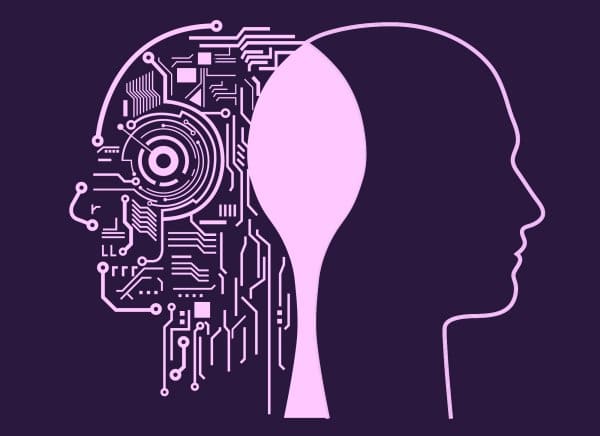A Brief History of Artificial Intelligence
- by 7wData

This post is a brief outline of what happened in artificial intelligence in the last 60 years. A great place to start or brush up on your history.
Inspite of all the current hype, AI is not a new field of study, but it has its ground in the fifties. If we exclude the pure philosophical reasoning path that goes from the Ancient Greek to Hobbes, Leibniz, and Pascal, AI as we know it has been officially started in 1956 at Dartmouth College, where the most eminent experts gathered to brainstorm on intelligence simulation.
This happened only a few years after Asimov set his own three laws of robotics, but more relevantly after the famous paper published by Turing (1950), where he proposes for the first time the idea of a thinking machine and the more popular Turing test to assess whether such machine shows, in fact, any intelligence.
As soon as the research group at Dartmouth publicly released the contents and ideas arisen from that summer meeting, a flow of government funding was reserved for the study of creating a nonbiological intelligence.
Atthat time, AI seemed to be easily reachable, but it turned out that was not the case. At the end of the sixties, researchers realized that AI was indeed a tough field to manage, and the initial spark that brought the funding started dissipating.
This phenomenon, which characterized AI along its all history, is commonly known as “AI effect”, and is made of two parts:
In the United States, the reason for DARPA to fund AI research was mainly due to the idea of creating a perfect machine translator, but two consecutive events wrecked that proposal, beginning what it is going to be called later on the first AI winter.
In fact, the Automatic Language Processing Advisory Committee (ALPAC) report in the US in 1966, followed by the “Lighthill report” (1973), assessed the feasibility of AI given the current developments and concluded negatively about the possibility of creating a machine that could learn or be considered intelligent.
These two reports, jointly with the limited data available to feed the algorithms, as well as the scarce computational power of the engines of that period, made the field collapsing and AI fell into disgrace for the entire decade.
III. Attack of the (expert) clones In the eighties, though, a new wave of funding in UK and Japan was motivated by the introduction of “expert systems”, which basically were examples of narrow AI as defined in previous articles.
These programs were, in fact, able to simulate skills of human experts in specific domains, but this was enough to stimulate a new funding trend. The most active player during those years was the Japanese government, and its rush to create the fifth generation computer indirectly forced US and UK to reinstate the funding for research on AI.
[Social9_Share class=”s9-widget-wrapper”]
Upcoming Events
Shift Difficult Problems Left with Graph Analysis on Streaming Data
29 April 2024
12 PM ET – 1 PM ET
Read MoreCategories
You Might Be Interested In
Meta’s AI Chief Publishes Paper on Creating ‘Autonomous’ Artificial Intelligence
9 Oct, 2022In the nearly 70 years since AI was first introduced to the public, machine learning has exploded in popularity, and …
Learn from Google’s Data Engineers: Dimensional Data Modeling is Dead
16 Feb, 2022My first day at Google was in 2019, and one of my biggest surprises was that I didn’t find any …
How Cognition-as-a-Service Could Change Business Intelligence
8 Jan, 2017The Semantic Web may have failed, but higher intelligence is coming to applications anyway, in another form: Cognition-as-a-Service. And this …
Recent Jobs
Do You Want to Share Your Story?
Bring your insights on Data, Visualization, Innovation or Business Agility to our community. Let them learn from your experience.
Privacy Overview
Get the 3 STEPS
To Drive Analytics Adoption
And manage change




